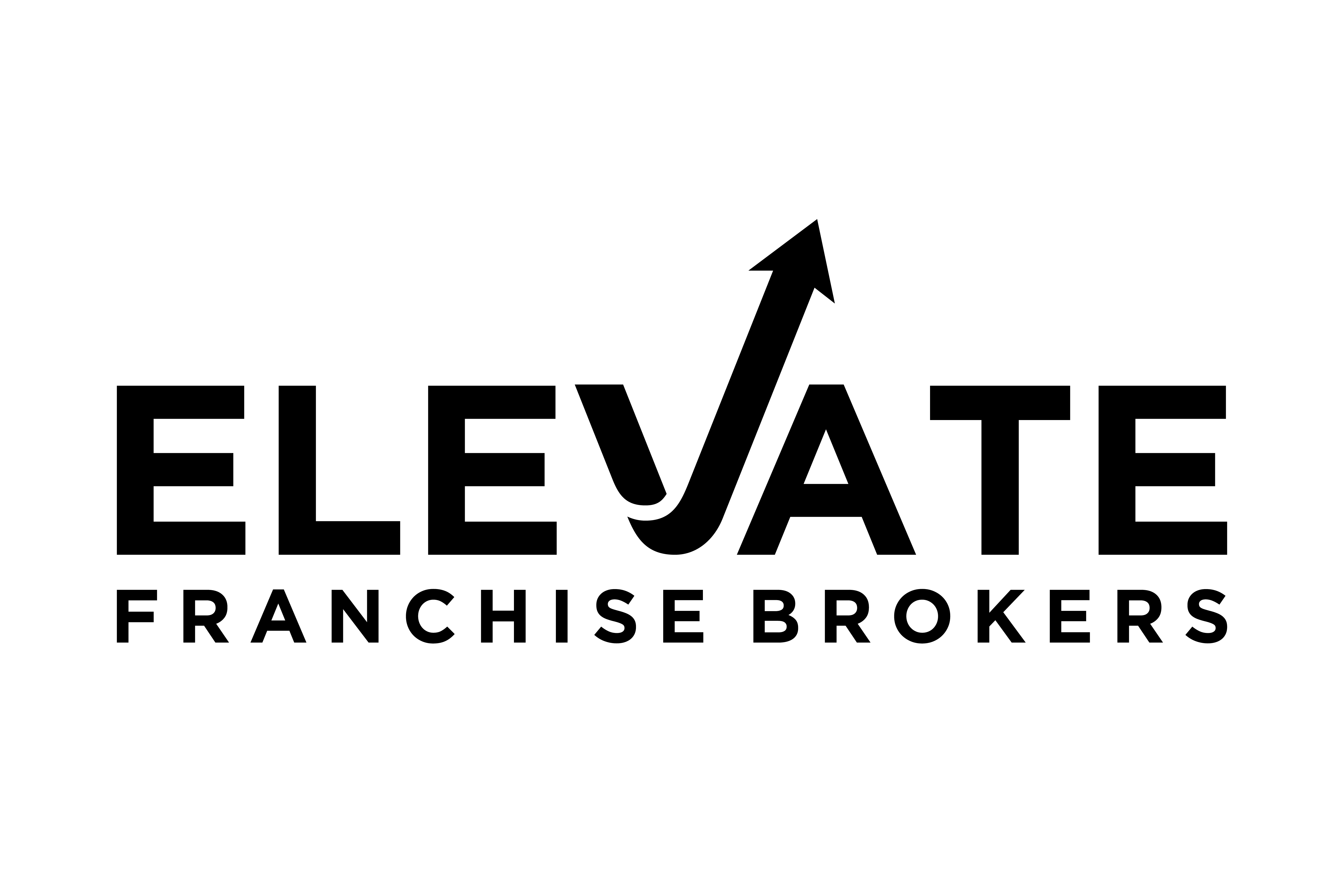Ready to buy a franchise? It all depends on how active you want to be. An essential question in franchise selection is how you plan to manage and operate your business. There are three basic management models - owner-operator, semi-passive, and absentee. Franchisors also have a say in the management models they will allow with their franchisees. Let's review each of these models:
Owner-Operator Franchise Management Model
The owner-operator franchise ownership model means the franchise owner generally spends full-time, in a hands-on approach to running and operating the business. The owner-operator is responsible for running the entire day-to-day operations of the company, from customer acquisition to product or service delivery, to ongoing customer support.
While the owner-operator may take on direct tasks in running the operations or managing a staff of employees, it does not mean they are doing all the work. For example, they may oversee employees or hire 3rd party subcontractors to fulfill different business needs.
Bottom-line, they are spending full-time on the business. However, once the company is up-and-running and showing some success, the owner-operator may be able to pull back and may take a semi-passive role, that is, if the franchisor systems model allows it, as not all do.
Semi-Passive, Semi-Absentee Franchise Management Model
The terms semi-passive and semi-absentee are synonymous with this franchise management model. In a semi-passive model, the franchise owner hires a manager to run the day-to-day business operations. The franchise owner will generally spend 5-15 hours per week overseeing some tasks and working with the manager to improve and grow the business.
A semi-passive owner must have a competent manager and staff to let go of some of their control of the business - this gives the business owner time to focus on a few things they do well. For example, they might oversee sales and customer acquisition, manage the business's financials, or spend time on new initiatives. In this way, the franchise business owner focuses on the things they do well and hires a manager to do the rest.
Another consideration is that while some franchisor systems allow for this semi-passive role, they may not allow it at the onset. Franchisors know what it takes to get a franchise unit up and running to be successful. They want assurance that it gets that running start - this may only be 6-12 months from onset. You are still ultimately the leader and responsible for setting the direction of the business - spending only a few hours a week on it.
Absentee, Fully-Passive Franchise Ownership
Consider absentee and fully-passive franchise ownership to be synonymous. This model is also sometimes referred to as an investor ownership model because the business owner is primarily concerned with the business's return on investment (ROI), that is, the company's income and cash flow. In an absentee model, as the business owner, you are not involved in any of the business's day-to-day operations.
In this franchise management model, the franchisor has developed systems and processes where you can have a manager that oversees your employees, letting them run the business. The manager will also likely be the one to work directly with the franchisor. As a result, any time you spend on the company might be strategic, or it may give the business owner the ability to see other business opportunities.
Historically, not many franchisors embrace a fully absentee model. However, some franchise systems are starting to offer options for a fully-managed system. What is unique about a fully-managed system is that the franchisor comes in and operates the business for the franchisee owner. The owner is then primarily an investor, receiving the income and cash flow of the company without a lot of worries about running the business. The franchisor takes care of hiring and overseeing the manager who runs the daily operations of the business. For this, in addition to the standard royalties due, you will also pay the franchisor a percentage of the company's sales.
Which Franchise Ownership Management Model is Right for Me?
The suitable management model for you all depends on your personality and what you want to get out of the business. Also, you may choose to start out as an owner-operator and then migrate to one of the other models. Deciding on the suitable management model also means choosing the right franchise system since each system may or may not embrace what your interests are. And, it's essential to have a great relationship with the franchisor.
If you like to be deep into the bowels of the business and see the rewards of your efforts, then the owner-operator is a perfect fit. Some owners also want more control over their business success, at least at the start, which is another benefit of the owner-operator model.
Being a semi-passive owner, you have much more flexibility. For example, you can start the business as a side hustle while continuing to work full-time in another job. Or, you start as an owner-operator and grow into a semi-passive role once you understand what it takes to run the business and its beginning to achieve success. On the flip side, you must be comfortable relinquishing control to a manager or management team that will run the daily operations.
In an absentee model, you've turned the rains of the daily operations to someone else, either your own manager or the franchisor in the fully-managed model. You are now primarily an investor evaluating your ROI.
Franchising has many options, and any of the above models gives you the best chance at success. Which model you choose will depend on your values, the risk you are willing to take, and your desire on you want to operate the business. The choice is yours. Choose wisely. And choose your franchisor wisely.
Need More Help with Owner-Operator, Semi-Passive or Absentee Franchise Owner Models?
If you need legal assistance on this subject, contact Spadea Law. These guys are experts in franchising. If you are looking for the right franchise and franchise ownership model to match your personal interests and financial goals, contact us or go ahead and schedule a call with us.

